Filter by
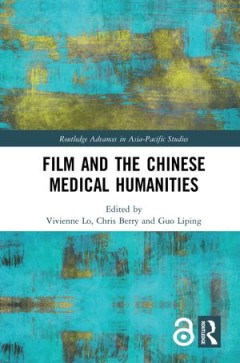
Film and the Chinese Medical Humanities
Film and the Chinese Medical Humanities is the first book to reflect on the power of film in representing medical and health discourse in China in both the past and the present, as well as in shaping its future. Drawing on both feature and documentary films from mainland China, the chapters each engage with the field of medicine through the visual arts. They cover themes such as the history of …
- Edition
- -
- ISBN/ISSN
- 9780429017407
- Collation
- -
- Series Title
- -
- Call Number
- 791.43 FIL f
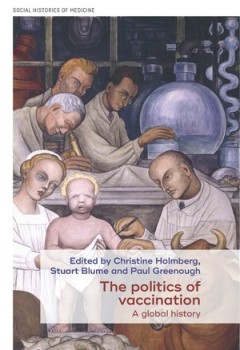
The Politics of Vaccination : A Global History
Mass vaccination campaigns are political projects that presume to protect individuals, communities, and societies. Like other pervasive expressions of state power— taxing, policing, conscripting— mass vaccination arouses anxiety in some people but sentiments of civic duty and shared solidarity in others. This collection of essays gives a comparative overview of vaccination at different time…
- Edition
- -
- ISBN/ISSN
- 9781526110886
- Collation
- -
- Series Title
- -
- Call Number
- -
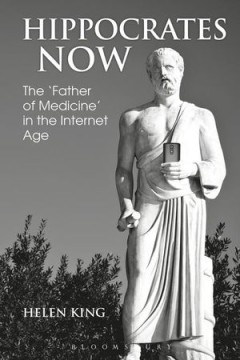
Hippocrates Now : The ‘Father of Medicine’ in the Internet Age
This book challenges widespread assumptions about Hippocrates (and, in the process, about ancient Greek medicine) and will also explore the creation of modern myths about the ancient world. Through the lens of reception studies Helen King considers what ‘Hippocrates’ means today. He features powerfully in our assumptions about ancient medicine, and our beliefs about what medicine – and th…
- Edition
- -
- ISBN/ISSN
- 9781350005914
- Collation
- -
- Series Title
- -
- Call Number
- -
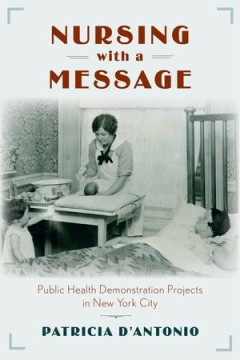
Nursing With a Message : Public Health Demonstration Projects in New York City
Nursing with a Message transports readers to New York City in the 1920s and 1930s, charting the rise and fall of two community health centers in the neighborhoods of East Harlem and Bellevue-Yorkville. Award-winning historian Patricia D’Antonio examines the day-to-day operations of these clinics, as well as the community outreach work done by nurses who visited schools, churches, and hom…
- Edition
- -
- ISBN/ISSN
- 9780813571034
- Collation
- -
- Series Title
- -
- Call Number
- -
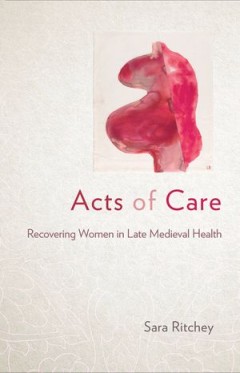
Acts of Care : Recovering Women in Late Medieval Health
In Acts of Care, Sara Ritchey recovers women's healthcare work by identifying previously overlooked tools of care: healing prayers, birthing indulgences, medical blessings, liturgical images, and penitential practices. Ritchey demonstrates that women in premodern Europe were both deeply engaged with and highly knowledgeable about health, the body, and therapeutic practices, but their critical r…
- Edition
- -
- ISBN/ISSN
- 9781501753541
- Collation
- -
- Series Title
- -
- Call Number
- -
 Computer Science, Information & General Works
Computer Science, Information & General Works  Philosophy & Psychology
Philosophy & Psychology  Religion
Religion  Social Sciences
Social Sciences  Language
Language  Pure Science
Pure Science  Applied Sciences
Applied Sciences  Art & Recreation
Art & Recreation  Literature
Literature  History & Geography
History & Geography